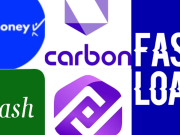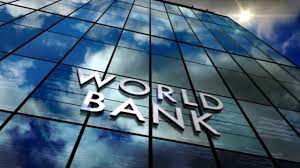The World Bank reports a groundbreaking statistic: improved internet access in Nigeria and Tanzania slashed extreme poverty by a staggering 7% over three years! This revelation comes from their recent report, “Digital transformation drives development in Africa,” which also highlights an 8% surge in labor force participation and wage employment linked to internet access.
Beyond these specific countries, the entire Sub-Saharan Africa region experienced a remarkable 115% leap in internet users between 2016 and 2021. This digital revolution is fueling economic growth, fostering innovation, and creating jobs across the continent.
However, challenges remain. Despite Nigeria’s 5 million active internet subscriptions, wider coverage is crucial for inclusive economic growth. Minister Bosun Tijani acknowledges the affordability of data (among the world’s cheapest), but laments the lack of fiber optic infrastructure outside major cities due to profitability concerns.

Digital Divide Threatens Growth:
World Bank Chief Economist for Africa, Andrew Dabalen, warns: “Minimal mobile internet use is a lost opportunity for inclusive growth. Closing the uptake gap would unlock Africa’s job creation potential and boost economic recovery in our digitalized world.”
Despite progress, hurdles persist:
- High mobile internet costs: At 10.5% of monthly income, exceeding the UN’s 2% target.
- Persistent digital gender gap: Women 37% less likely than men to use mobile internet.
- Limited infrastructure: 61% live within broadband range but don’t use it.
- Digital ID gap: 470 million lack ID, hindering access to services.
World Bank Steps Up Efforts:
Recognizing the potential, the World Bank has invested $731.8 million across 11 Digital Development projects in Africa over six years, with a broader $2.8 billion allocated across 24 projects over the past decade. This commitment aligns with the “Digital Economy for Africa” initiative aiming to digitally connect every individual, business, and government by 2030.
Source:

























